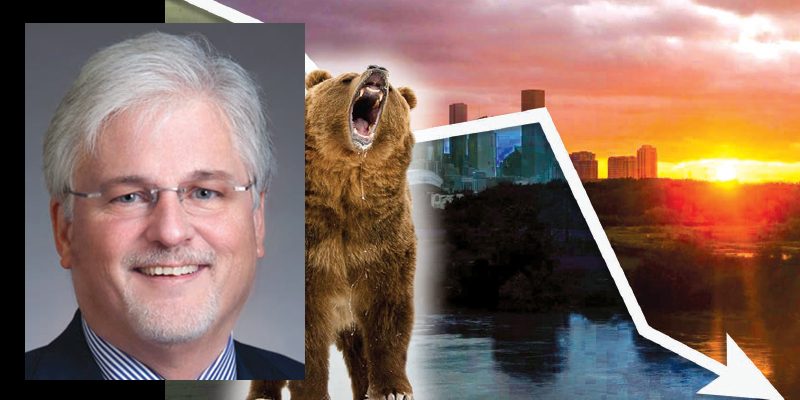by Walter Christopherson
Chairman of the Investment Committee
Linscomb & Williams

Having our headquarters on the gulf coast of southeast Texas, most of us at Linscomb & Williams are familiar with how it feels to live in an area that is threatened with hurricanes. ln any 50-mile stretch of the Texas coastline, the odds of enduring a hurricane are once in every 6 years. Some in our L&W family are familiar in a completely personal way with these risks, having been flooded out of their homes, as a result of Hurricane Harvey. This includes our Chief Investment Officer, Ryan L. Patterson, CFA, CFP® who only a few months ago happily moved his family back into a restored residence.
Despite our personal memory of experiencing these risks, none of our L&W family has decided to sell their home and move away from Houston. We got into some discussion about this during a recent staff luncheon and attempted to answer the question: Why? Why stay in Houston despite knowing that it is not a question of “if” but “when” the next significant hurricane will impact our area?
A few common answers came out of that luncheon conversation:
• “The risk is worth the award. 99% of the time you have a nice house in a nice location close to some of the greatest people in the country.”
• “If you were born here, you are just used to it.”
• “I could live somewhere else and face earthquakes or wild fires. Hurricane threats are a small price to pay to live in a place like Houston with a great economy.”
Ryan pointed out in that discussion that perhaps this line of reasoning is instructive in framing how we should think about the possible impact of bear markets on our portfolios. After all, a bear market decline in the stock market could be considered the financial equivalent of a hurricane.
Since 1900, there have been 32 bear markets, or one every 3.5 years, a much more likely occurrence than living through a hurricane in Houston. Since 1980, it is a bit less frequent, but the point is: It is not a question of “if ”, but rather “when”. A bear market in stocks (a decline of 20% or more) may well do some damage to your portfolio in the short term (they last 15 months on average), but history shows you that with time, you will recover. Bear markets are part and parcel of the risk of being an investor in the stock market. And the rewards in the long-term from being invested in quality stocks are well worth planning for this risk. Compared to the returns likely from more conservative investments (bonds, cash), your long-term returns on stocks should outpace inflation and provide higher returns.
You plan for the risks of a hurricane by doing sensible things: like building your home on a solid foundation above the flood plain, owning a back-up generator, and stocking up with emergency food and water supplies. Smart stock market investors make sure they own the stocks of high-quality companies that will bounce back when the storm passes. They generally have enough diversification in their asset allocation to ensure that everything they own is not down in price at the same time. They keep enough emergency cash on hand to ensure they are not forced to sell their stocks at the wrong time.
In our 48 years of helping clients, we’ve observed that bear markets seem most fearful to newly-retired investors who are unaccustomed in their new chapter of life (no regular paycheck) to living through a decline in portfolio value. For the same reason, we in Houston are more fearful about earthquakes — compared to hurricanes — if we move to Los Angeles, the new retiree fears the bear market because he or she has not lived through one to experience the recovery on the other side. To sleep well at night in the midst of such a time requires a well-founded financial plan that has considered all contingencies and has been rigorously “stress-tested” to ensure it is likely to survive these inevitable storms.

G. Walter Christopherson, JD, CFP®, is Chairman of the Investment Committee at Linscomb & Williams, a registered investment advisory
firm serving clients since 1971 and headquartered in Houston.
Walter may be reached at wchristopherson@linscomb-williams.com or by calling 713-840-1000.

